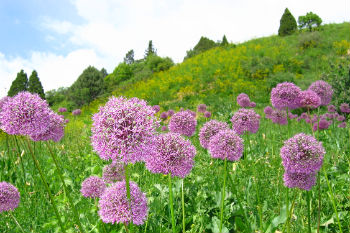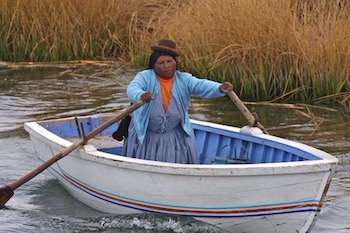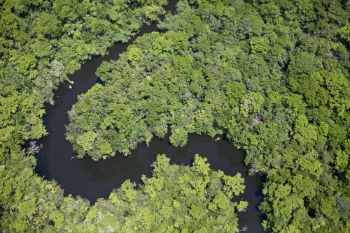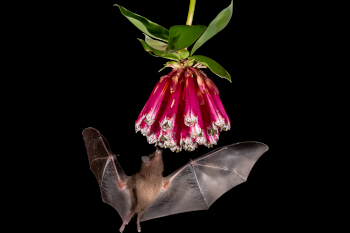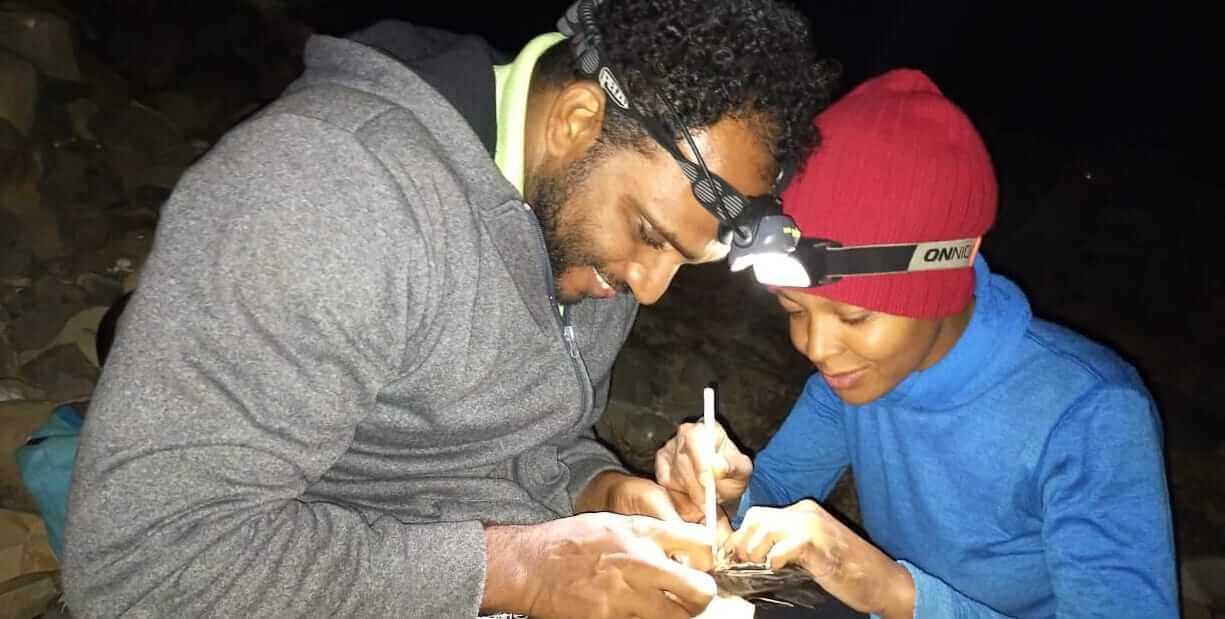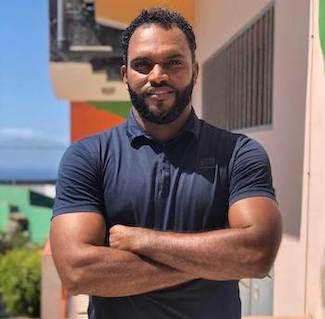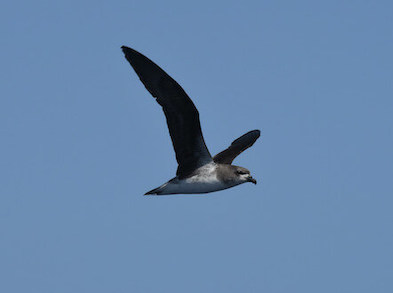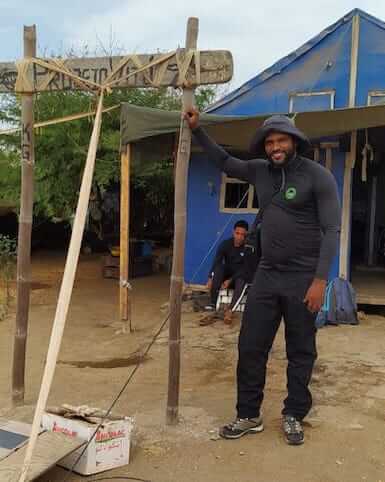Main menu
CEPF is a joint initiative of l’Agence Française de Développement, Conservation International, the European Union, Fondation Hans Wilsdorf, the Global Environment Facility, the Government of Canada, the Government of Japan and the World Bank. A fundamental goal is to ensure civil society is engaged in biodiversity conservation.
Visitez le site français コア情報の日本語翻訳を読むOr use Google Translate to translate the English site to your language:
GTranslate
Grantee Spotlight: Herculano Dinis
9 questions with a leading Cabo Verde conservationist
By: Marsea Nelson, CEPF senior communications manager
26 February 2021
26 February 2021
This is the second article in our 2021 blog series, where we feature some of the faces behind conservation organizations CEPF helps fund. You can read our January Q-and-A with Sokunthea Nun from Cambodia here.
In 2009, Projecto Vitó Association was created to help protect the sea turtles in Cabo Verde, an archipelago off the coast of West Africa and part of the Mediterranean Basin Biodiversity Hotspot. Today, it’s one of the largest conservation organizations in the country, employing some 45 people. Herculano Dinis, a native of Cabo Verde, has been with the organization since the beginning.
Briefly describe what you do.
I was one of the founders of Projecto Vitó Association. I volunteered for the first eight years, and now I play the role of executive director.
At the beginning, we were just a small NGO with local-level impact. In the past 12 years, we have grown a lot.
With CEPF, we mainly work to conserve endemic plants, but we also work with the conservation of sea turtles, sea birds and terrestrial reptiles. We work with communities on sustainable development and also environmental education and awareness raising.
When you were a child, what did you want to “be” when you grew up?
It wasn’t easy to have these childhood dreams because the reality was quite difficult. Today, for my kids, for example, it’s easy for them to think about what they want to be because they live in an easier way.
My mother died when I was 13, and I had 14 brothers and sisters. So, I cannot say I dreamed to be a biologist or a conservationist. This is something that started to happen when I was a teenager.
At the age when I was able to go to the university, I was supposed to go to America. It was between me and my sister. We decided that my sister should go. I decided to go to university [to study biology] in Cabo Verde and that was one of the best decisions of my life.
What is your favorite place in nature to visit and why?
We work in a group of small islets named Rombo Islets. There is one that we call Ilhéu de Cima. It’s a small piece of heaven. It’s a tiny islet of many beaches with a huge number of sea turtles and a huge number of sea birds. We have a camp there.
In the past, when I was just a biologist, I used to go there often and stay for months. Today, as a director, I just have a few opportunities.
What is your favorite species and why?
There is a species that is remarkable to me; we call it the Gongon petrel, or Cabo Verde petrel. The scientific name is Pterodroma feae. It’s a seabird endemic to Cabo Verde. One of its main breeding islands, Fogo, is a volcanic island, which last erupted six years ago.
Since I left university, I have worked to conserve this species, so it’s a long-term relationship. We [at Projecto Vitó Association] have achieved a lot of positive results for this species, and the population [today] is much better known and protected.
What do you consider your biggest achievement related to conservation?
Being part of, and leading, the creation and growth of an environmental NGO. I can say that—together, with many collaborators—I am one of the faces of this organization, and this organization plays a really important role in conservation in Cabo Verde. We work with many communities, fishermen, farmers and protected areas. We have a good relationship with the government. We have projects not just in Cabo Verde, but also in West Africa.
When we started, our first project was just 3,000 euros, and now we have a huge number of projects and a number of technicians.
What do you consider your biggest achievement unrelated to conservation?
I have a family that is my main support. I have two children, one who is 5 and one who is 2. They help me disconnect from the work and make me feel realized.
Conservation work can be draining? How do you recharge?
I’m lucky, I like what I do, so when I’m working in conservation, it’s not something that really makes me exhausted. But sometimes I disconnect. I really like to travel and spend time with my family. And, of course, I participate in different activities with my colleagues. Our NGO is like a family.
If you could go back in time and do anything differently in your career, what would it be?
I think I’m successful, and I’m happy with my progress. I’m really curious what would have happened if I had gone to the USA and not to university. But I’ve realized that I’m really happy. There is not much I would change.
What advice would you give to conservationists at the beginning of their career?
Keep the focus. Work hard and be persistent. This is my main advice. And, of course, you need to be passionate. You need to work not because it’s your job or because you need money, but mainly because you love what you do.
Learn more about Projecto Vitó Association's CEPF-funded project.
